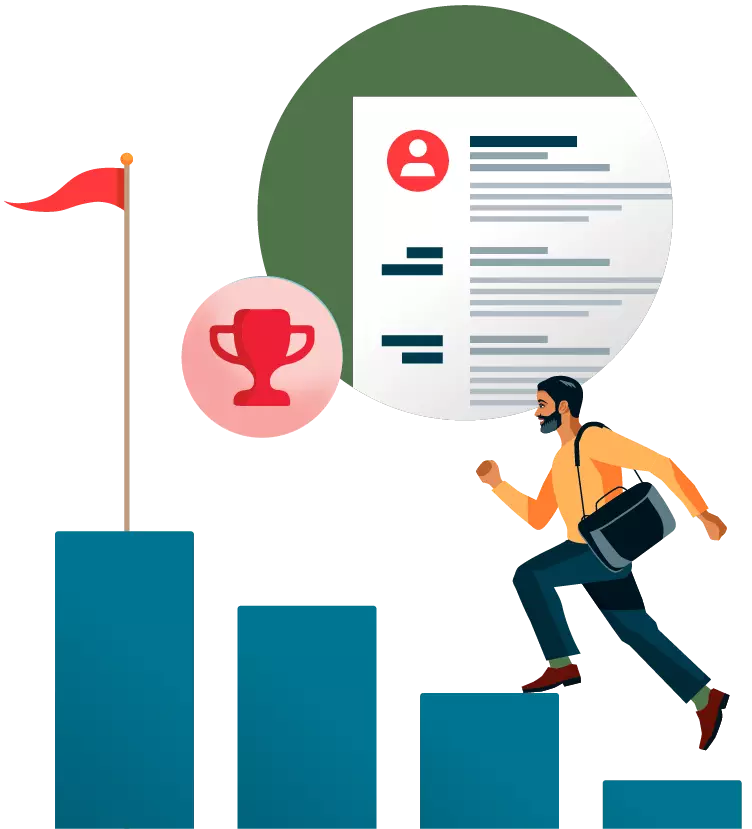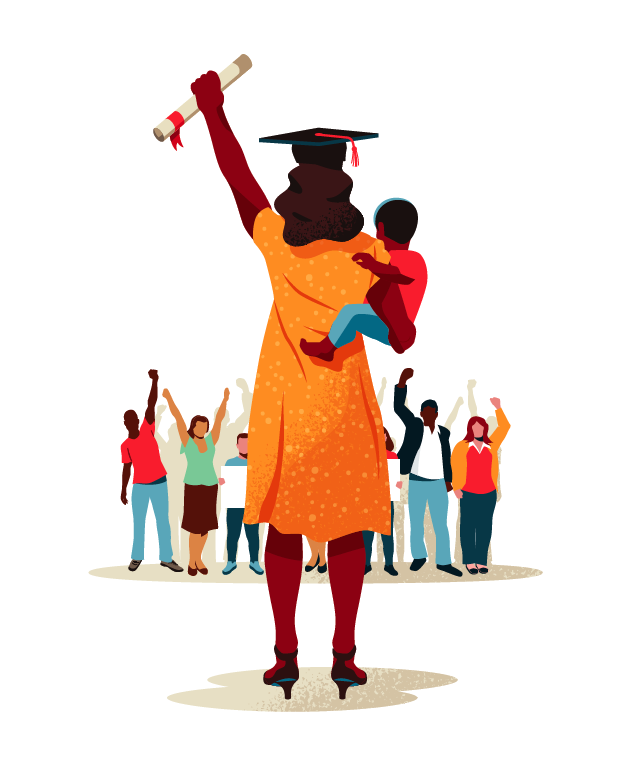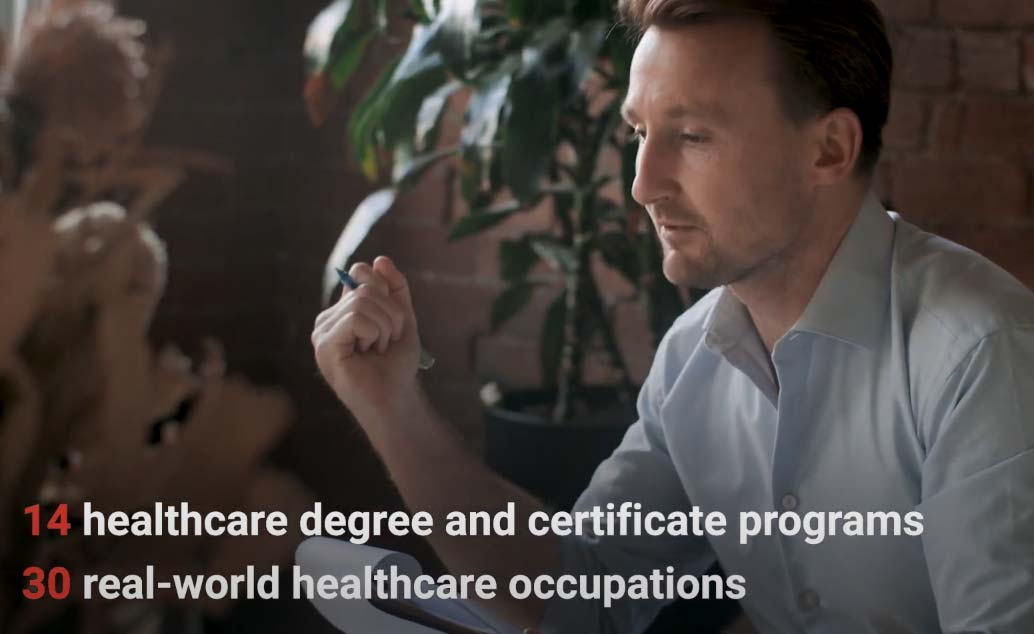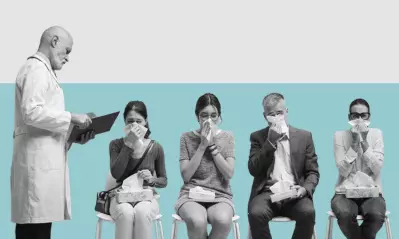Online healthcare degrees

Learn how you can graduate faster and for less
Take the guesswork out of transferring prior eligible college credits with our guide.

Learn how you can graduate faster and for less
Take the guesswork out of transferring prior eligible college credits with our guide.
Elevate your career in a vital industry
Our online healthcare degrees prepare you to make a positive impact in the health of individuals, families and diverse populations. Join the ranks of medical and health administration professionals who are needed now more than ever.
Learn more about our bachelor's, master's and doctoral degrees in health management or health administration.
Let's get started
Program finder
Why earn your healthcare degree online with us?
Our healthcare degree programs are designed to be flexible, so you can prepare for an enhanced role in healthcare without impacting work and life. We also give you the opportunity to specialize your Bachelor’s or Master’s degree with a variety of concentrations in growing areas.
Save time and money
Have your eligible prior academic work and relevant professional experience evaluated for academic credit, potentially shortening your time to completion and saving you money.
Affordable, fixed tuition
We’ve lowered tuition and locked it in for the duration of your online nursing degree program. So, you can count on your tuition to be as dependable as your education.
Accreditation that matters
The Master of Health Administration (MHA) program is programmatically accredited by the Commission on Accreditation of Healthcare Management Education (CAHME), PO Box 911, Spring House, PA 19477, 301-298-1820.

College recognition
The UOPX MHA Program uses its expertise to support healthcare administration programs across the country through its participation in the CAHME Mentorship Circle.

Earn career-relevant skills in weeks – not years
Get value from your education before you even graduate. Update your resumé and LinkedIn profile with learned skills when you complete every 5- or 6-week course in our associate, bachelor's and master's programs.

Meet your college deans
Our college deans focus on developing a career-relevant curriculum. They bring industry experience to the classroom and lead a faculty of academic professionals with one goal in mind—to help you earn the skills you need to pursue your career.

Mark Johannsson, DHSc, MPH
Dean, College of Health Professions

Nye Clinton, PhD
Associate Dean of Undergraduate Programs, College of Health Professions

Heather Steiness, PhD, MPH
Associate Dean of Graduate Programs, College of Health Professions

How to apply
We're with you every step of the way
Set your goals
Select your healthcare degree, course or certificate.
Begin online application
Complete your application on your own or with the help of an enrollment representative.
Start school
Register for class and get ready for the first day of school.
Frequently asked questions
*While widely available, not all programs are available to residents of all states. Please check with a University Enrollment Representative.




